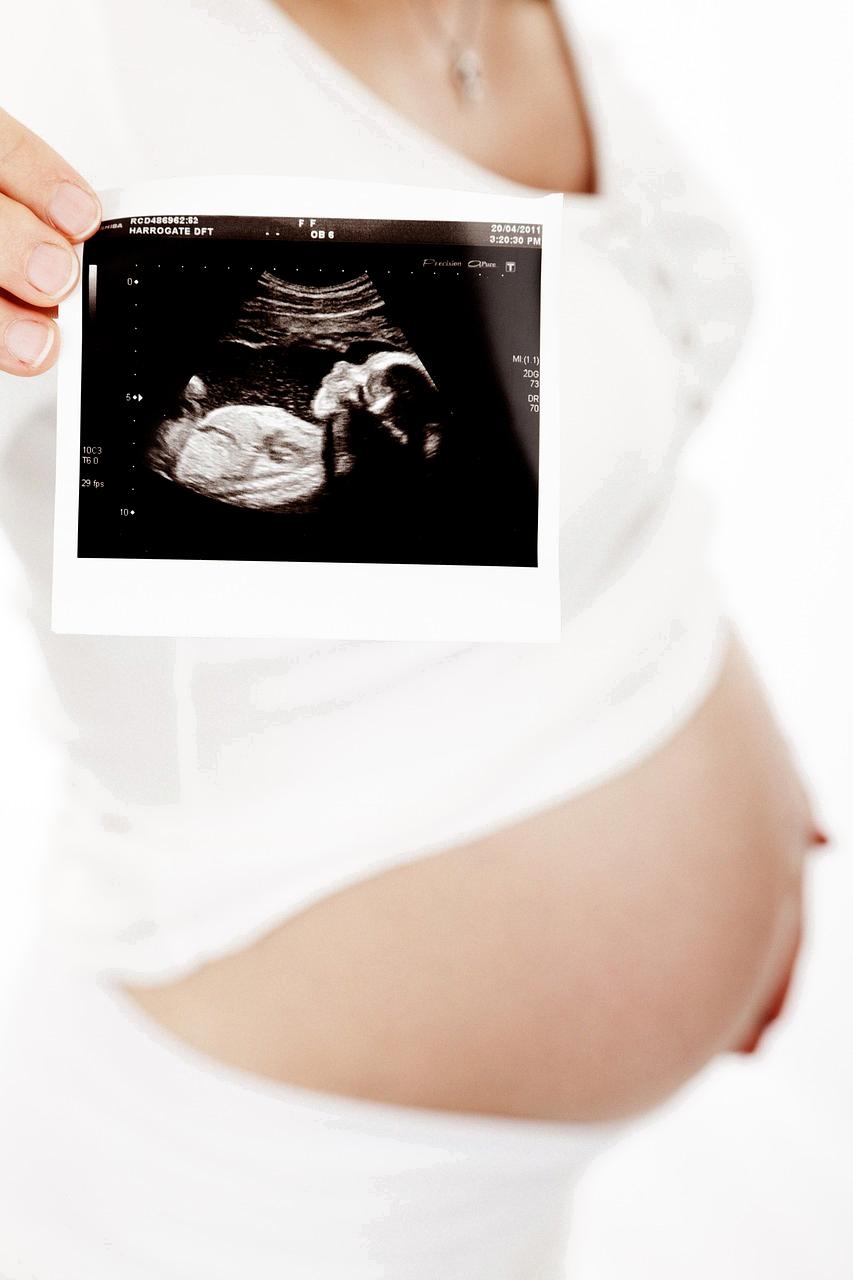Early pregnancy is a beautiful and transformative time in a woman’s life, filled with excitement and anticipation. However, it is also accompanied by a range of physical changes that can sometimes make the experience a bit challenging. One common issue that many expectant mothers face is feeling nauseous after eating in the early stages of pregnancy.
The Role of Hormones in Pregnancy Nausea
Research has shown that the culprit behind this queasy feeling is often a hormone called human chorionic gonadotropin (HCG). This hormone is produced by the placenta shortly after the fertilized egg implants itself in the uterine lining. The rise in HCG levels is essential for maintaining the pregnancy but can also trigger nausea and vomiting in many women.
Changes in Sensitivity to Smells and Tastes
During pregnancy, many women experience heightened sensitivity to smells and tastes. Foods that once seemed appealing may suddenly become unappetizing, leading to nausea after eating. This change in sensitivity is believed to be a result of hormonal fluctuations that occur during early pregnancy.
Sluggish Digestion and Delayed Gastric Emptying
Another factor that contributes to postprandial nausea in early pregnancy is sluggish digestion and delayed gastric emptying. The hormonal changes happening in the body can slow down the movement of food through the digestive tract, leading to feelings of fullness, bloating, and nausea after meals.
Managing Nausea After Eating in Early Pregnancy
Although nausea after eating can be unpleasant, there are several strategies that pregnant women can try to alleviate this symptom. Eating small, frequent meals throughout the day, avoiding spicy or greasy foods, and staying hydrated can help manage nausea. Ginger and peppermint tea are also natural remedies that have been found to be effective in calming an upset stomach.
Consulting with a Healthcare Provider
It is essential for pregnant women experiencing persistent nausea and vomiting to consult with their healthcare provider. In some cases, severe morning sickness, known as hyperemesis gravidarum, may require medical treatment to prevent dehydration and ensure the health of both the mother and the baby.
Understanding Individual Triggers
Each woman’s experience with pregnancy nausea can be unique, and it’s essential to pay attention to individual triggers. Keeping a food diary to identify specific foods or smells that worsen nausea can help pregnant women make targeted dietary changes to alleviate symptoms.
The Emotional Impact of Nausea in Early Pregnancy
Dealing with nausea after eating can be not just a physical challenge but also an emotional one. Feeling constantly unwell can take a toll on a woman’s mental well-being during what is already an emotionally charged time. Seeking support from loved ones and discussing feelings with a healthcare provider can help manage the emotional impact of pregnancy-related nausea.
Rest and Self-Care
Rest and self-care are crucial during early pregnancy, especially when dealing with nausea after eating. Taking time to relax, getting plenty of rest, and engaging in activities that promote relaxation can all help reduce stress levels and alleviate pregnancy symptoms.
Conclusion
In conclusion, feeling nauseous after eating in early pregnancy is a common experience for many women, often attributed to hormonal changes, increased sensitivity to smells and tastes, and altered digestion. By understanding the factors contributing to this symptom and implementing strategies to manage it effectively, expectant mothers can navigate the challenges of early pregnancy with more comfort and ease.

